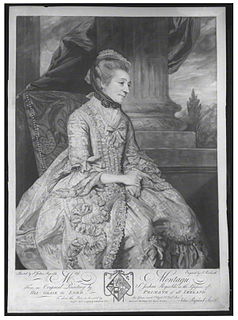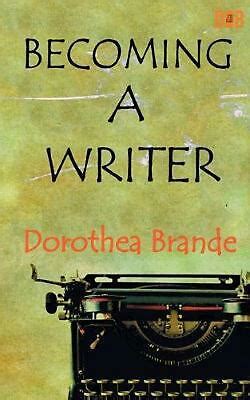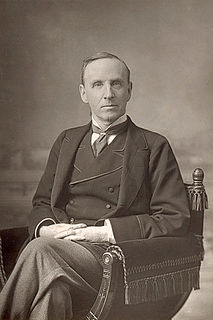A Quote by Ray Bradbury
I am madness maddened when it comes to books, writers, and the great granary silos where their wits are stored.
Related Quotes
In company with people of your own trade you ordinarily speak of other writers' books. The better the writers the less they will speak about what they have written themselves. Joyce was a very great writer and he would only explain what he was doing to jerks. Other writers that he respected were supposed to be able to know what he was doing by reading it.
I'm always very grateful for stories about the great coffeehouse wits in Vienna at the turn of the last century. People would wait for a chance to stand near the table where the great wits were trading witticisms as a spectator sport because it was that good. They were that on fire and there was no product. They didn't write anything down. It was just the pleasure of engagement with the moment. I think that's my kind of ideal of how I live.
The reason some crime writers have a chip on their shoulder about the label is because their good books are shelved beside books about nuns and birdwatchers and cats who solve crimes. Overseas, my books are reviewed alongside those of authors like Robert Stone and Don DeLillo, and I have to live and die by that comparison. They don't ghettoize crime writers in other countries, and of course they shouldn't.





































